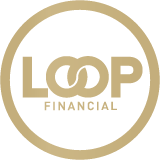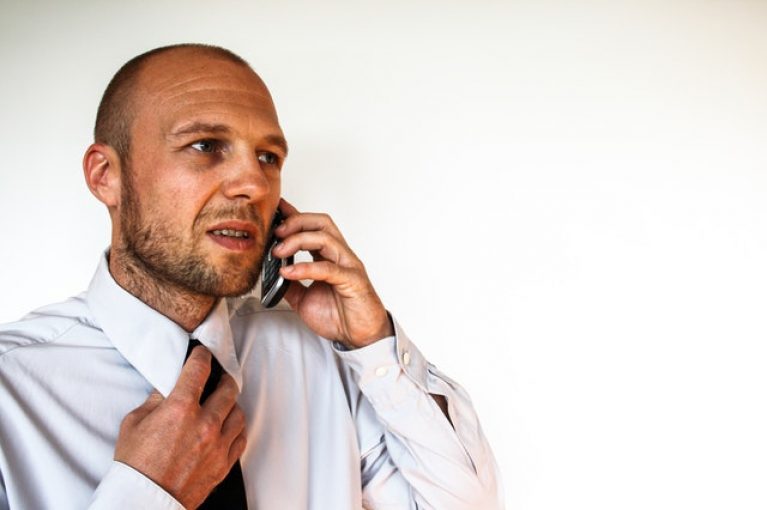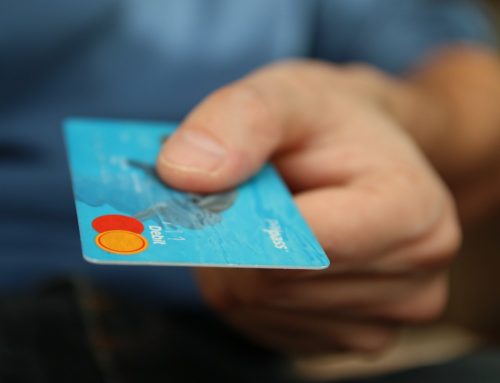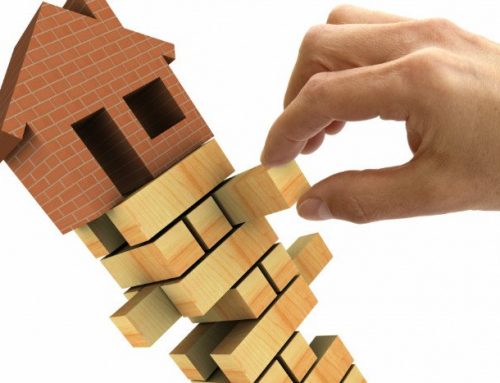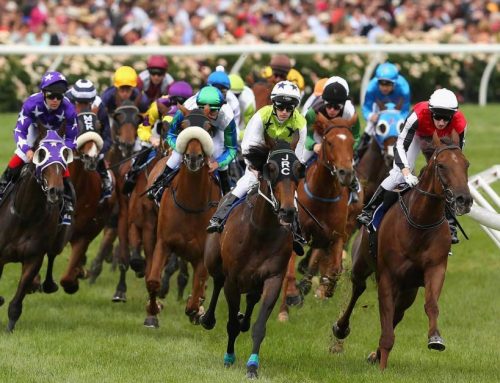Here at Loop, we love all things financial but we know that not everyone shares our passion. That’s why we also love being able to inform, encourage and advise you to help you make better financial decisions, especially when it comes to disposable income.
You have worked hard for your money, after all, so why wouldn’t you want it to now work hard for you?
But… that’s easier said than done. We get it.
Sound familiar?
When you first start work and have a big disposable income, it’s easy to think you’re invincible. Sure, you’d like to buy a house, settle down and start a family one day – but there’s no need to think about that just yet.
Isn’t it ok to just enjoy yourself for a few years first? Go on nice holidays, have crazy nights out with your mates, and buy whichever gadgets and clothing take your fancy? You’re young, carefree and independent, after all.
The problem is, the years can fly by fast. Before you know it you’ll be sitting in front of your bank manager pleading with them to approve your mortgage application. But that’s unlikely to happen if all they can see against your name is a string of credit card debt.
Are you holding out for a fairy godmother to come along and fix your finances? Or, more realistically, for a distant relative to leave you a sizeable inheritance? Or perhaps you’re just relying on finding a wealthy spouse to provide for you?
It’s easy to look around at your friends, see them living this kind of lifestyle, and feel entitled to do the same. Even if it means you’re crossing your fingers behind your back every time you hand over your credit card to pay for another round.
Time to take responsibility
Fast forward a few years… you have all the latest gadgets, a wardrobe full of expensive outfits and tens of thousands of dollars worth of memories. But the boyfriend/girlfriend with the fancy apartment just broke up with you and your best friend is moving out of town. What do you have to show for these years?
If you don’t want the answer to be “nothing”, stick with us.
We’re not saying that you have to stop going out or buying new shoes. Even WE have to take a break from finances sometimes.
But how about… y’know… cutting back on the splurges and saving some money instead?
Look at it this way: say that in your 20s you spend $500 a month on things you don’t really need (come on, be honest). That works out at $6,000 a year and a whopping $60,000 by the time you hit 30.
If you could halve the amount you spend and put the rest in a savings account, you’d have $30,000 plus interest to put towards a deposit on a home – either to live in yourself or as an investment. And you’d still have a lot of nice things and amazing memories.
Can you see now how cutting back from 3 nights out a week to 1 could seriously make a difference in the years to come? Or holidaying in Asia instead of Europe?
But remember, the key to making this work is putting aside the money you would have otherwise spent. If you don’t do that, it’ll just disappear on something else.
The wonders of compound interest
An interest rate of 3% or 8% may not seem like much to you right now. However, compound interest means that if you start saving when you’re young, you’ll see unbelievable results in the decades to come.
Without getting too nerdy, let us give you a quick example.
Deposit $5,000 in an investment earning 8% interest when you’re 20 and by the time you retire it’ll be worth more than $180,000. You don’t have to add any more to it – just leave it alone! You could have a month island-hopping in Greece now or a whole year of travelling the globe in luxury when you retire.
It becomes even more amazing if you can develop a habit of saving when you’re young. If you added $5,000 to that investment every year (that’s just under $100 a week), it would grow to over $2 million by retirement. And for that you’ll be able to live a pretty comfortable lifestyle.
$100 a week = 7 figures in the bank. Crazy, huh?
There are plenty of adults in their 40s and 50s who haven’t figured this out yet, or have missed the best opportunity they had to really benefit from compounding. But you don’t have to be like them!
Make a few sacrifices now, sort out your debt, start investing, and you can thank us later when you get the keys to your first property or you hit your first 100k in savings. You’re welcome.
